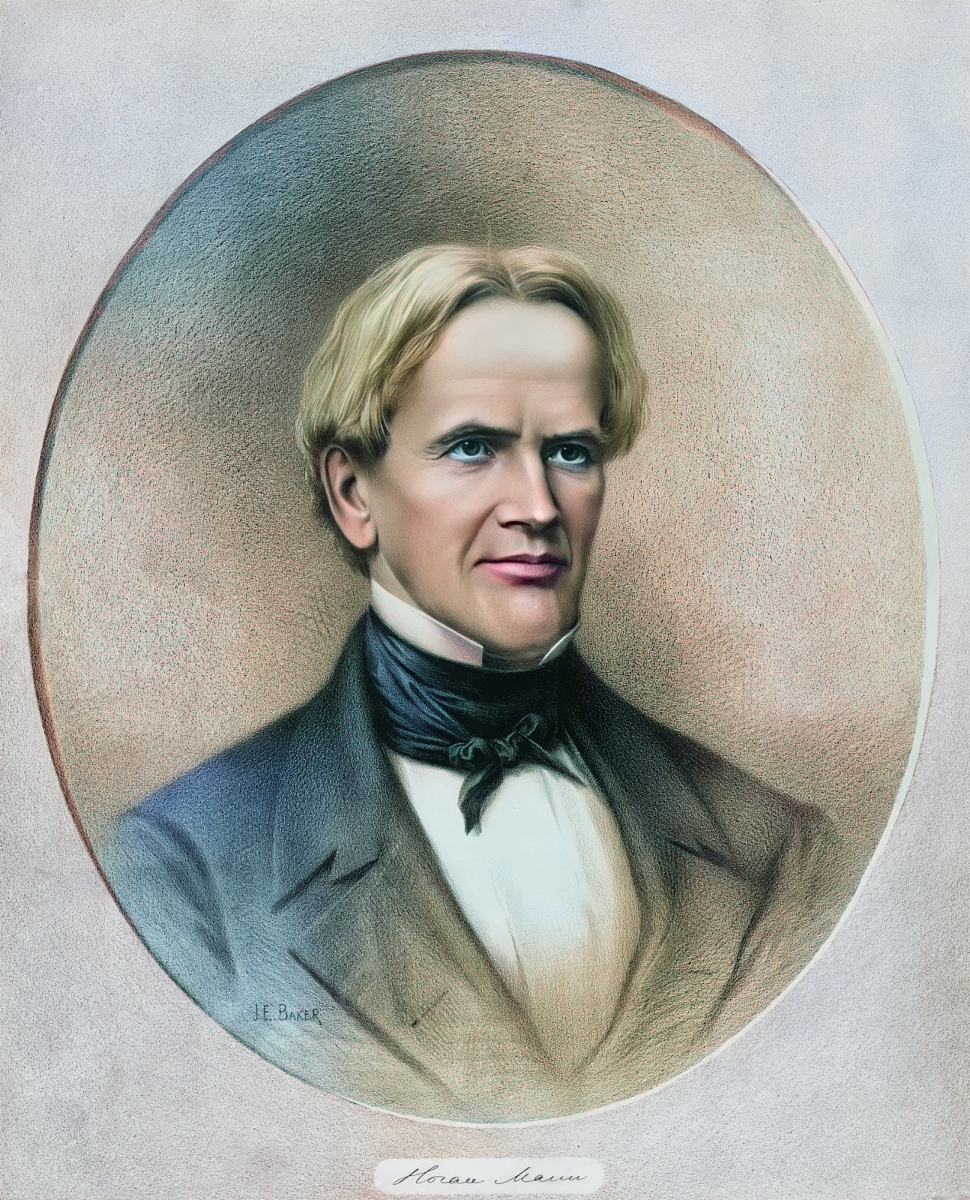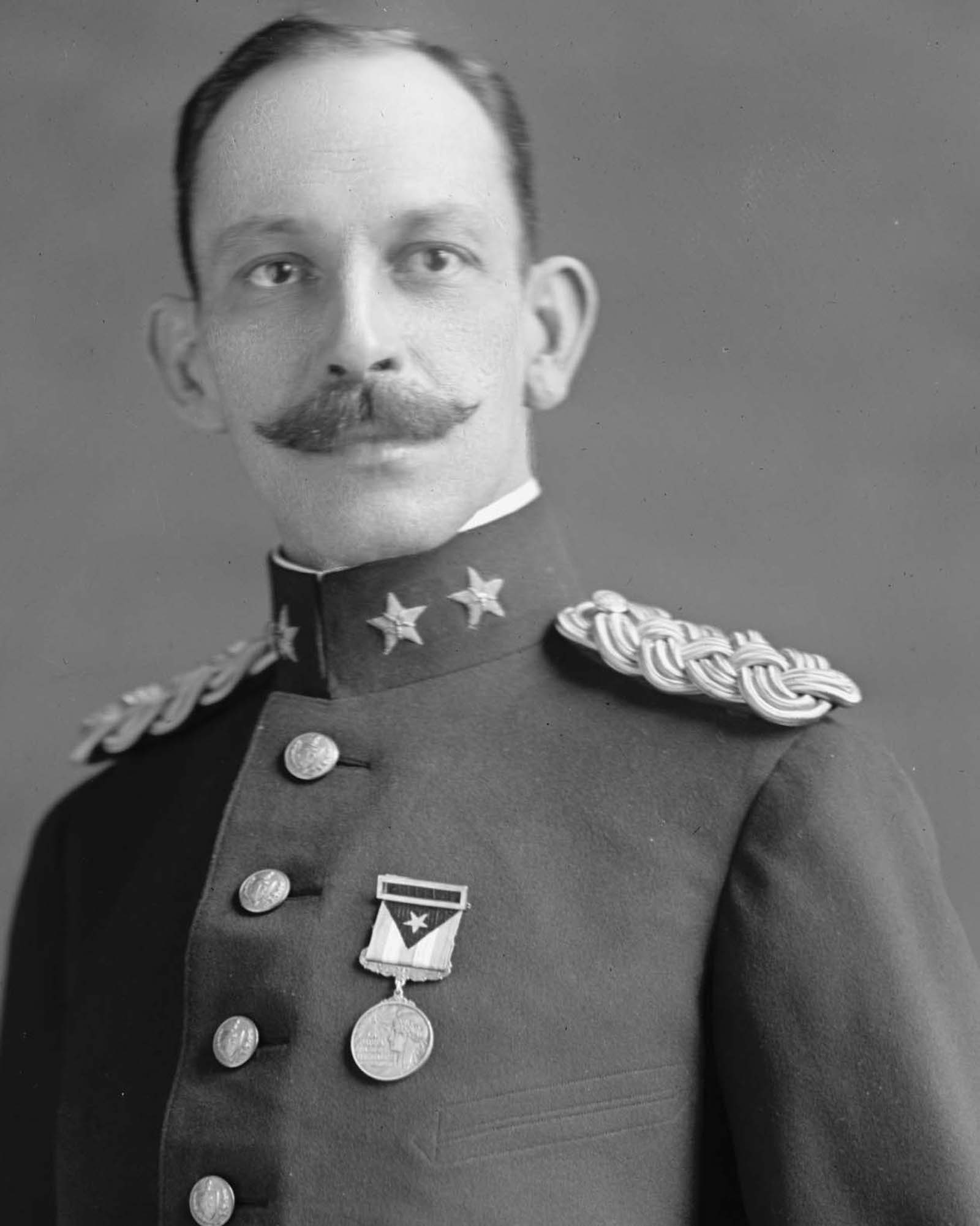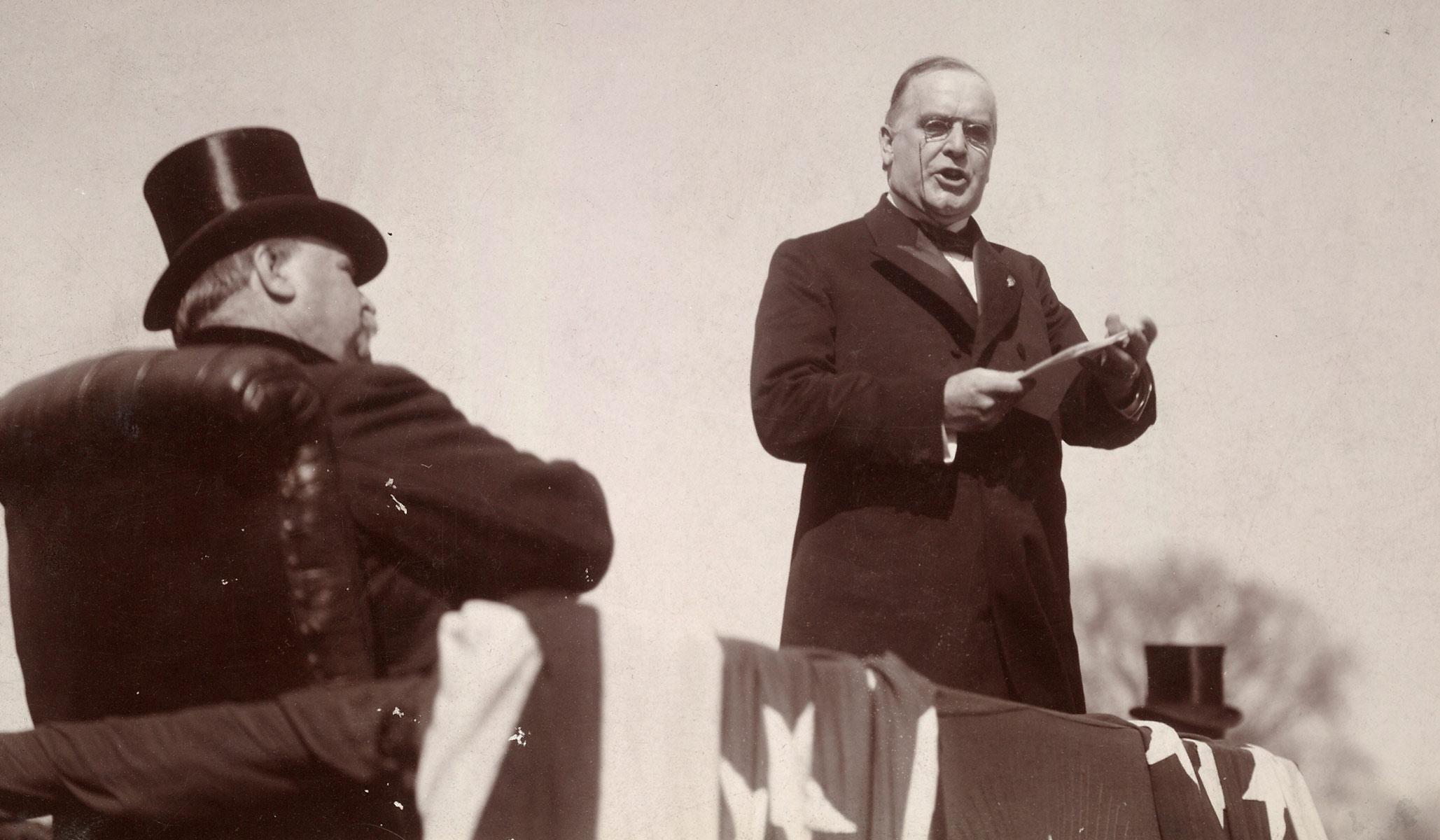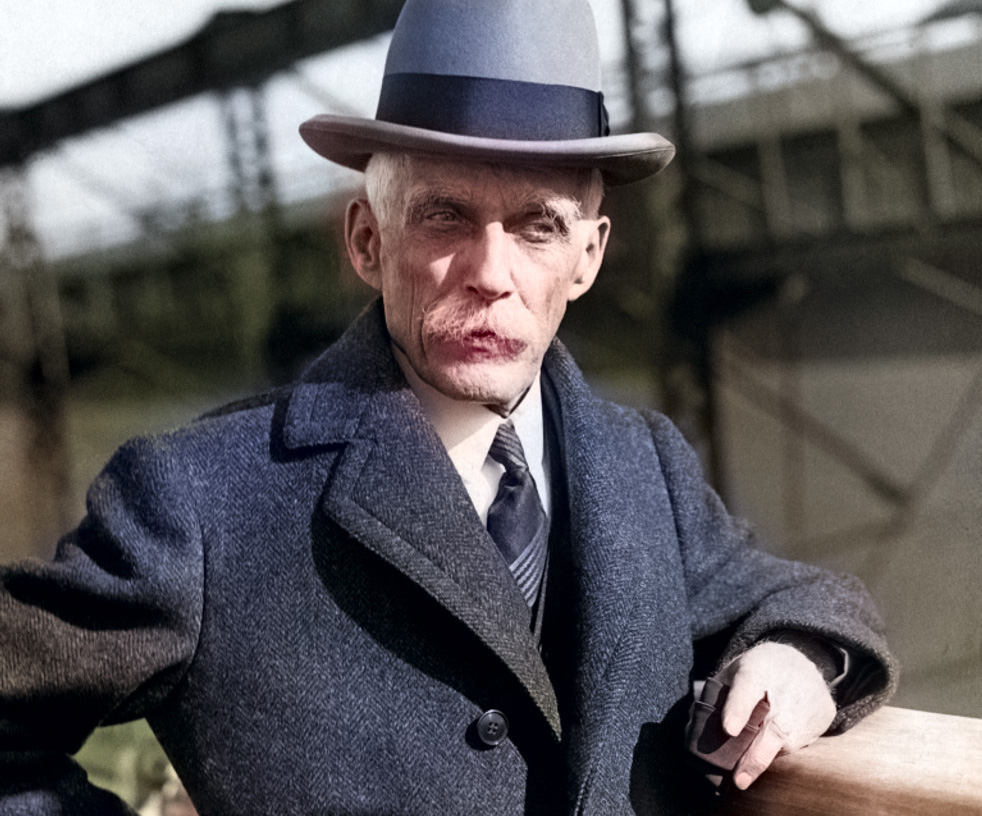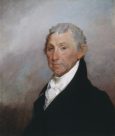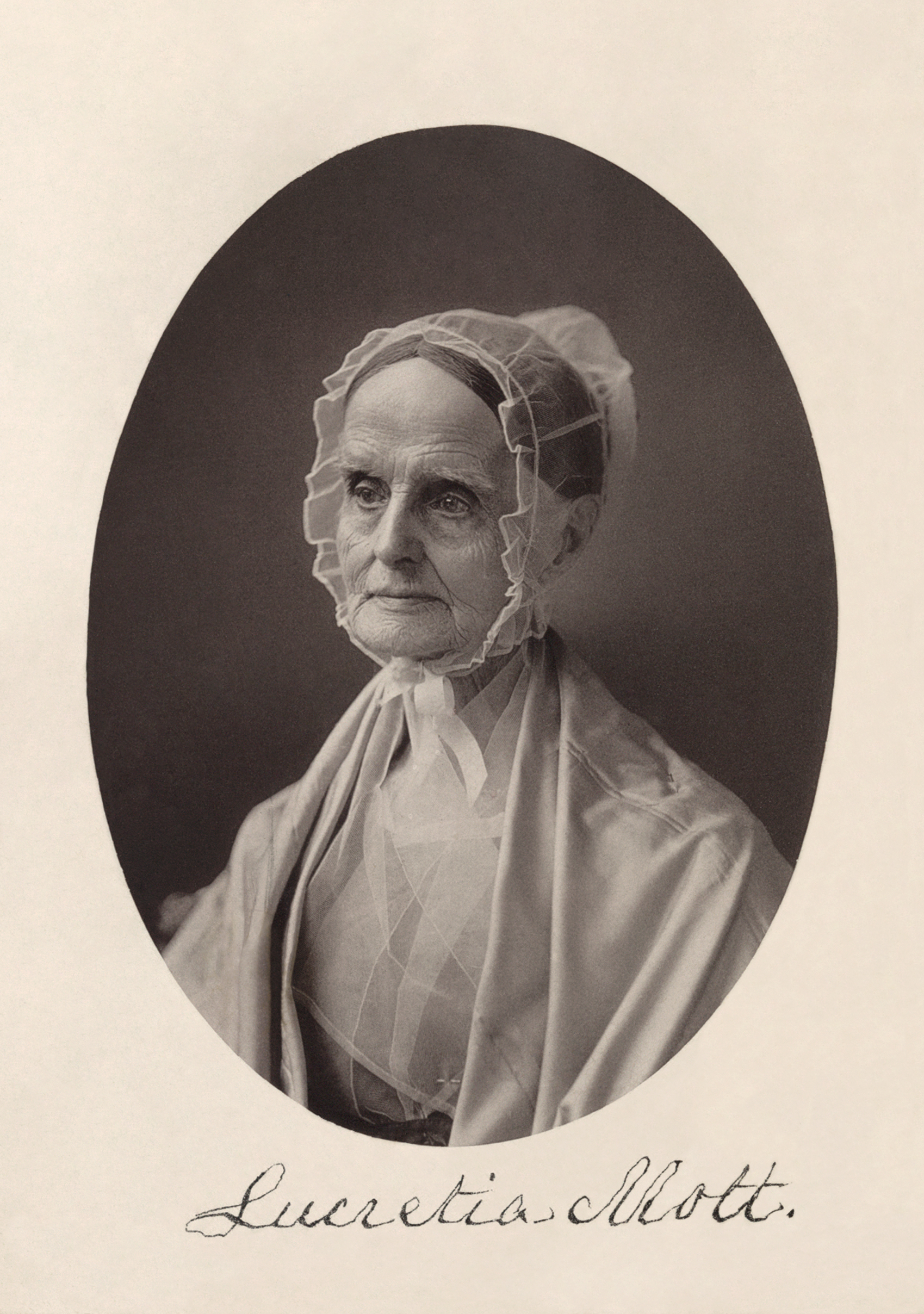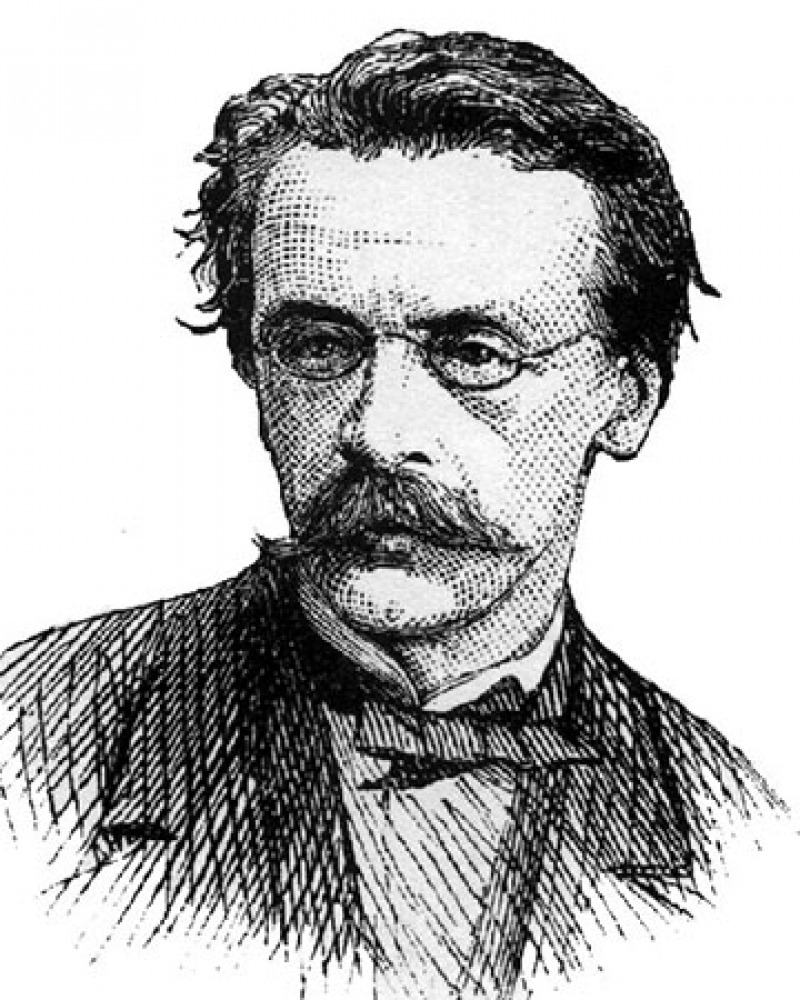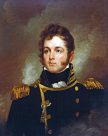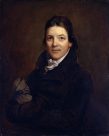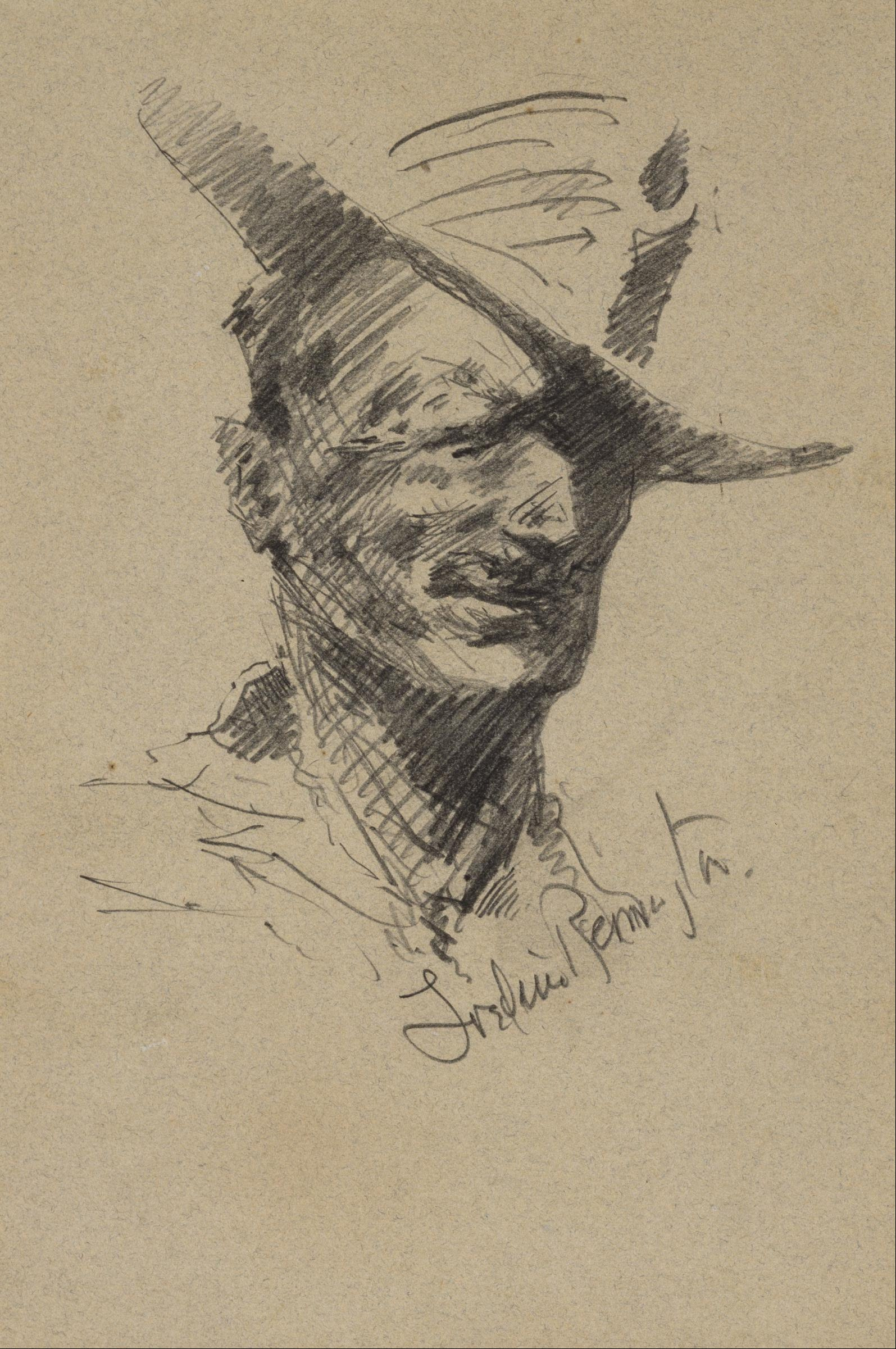BIOGRAPHICA
Shaping History
Alfred T. Mahan
Alfred T. Mahan (1840-1914) WHO S/HE WAS: Alfred Thayer Mahan, a renowned naval historian and strategist, shaped the course of modern naval warfare. His influential writings, including “The Influence of Sea Power Upon History,” had a profound impact on navies around the world. WHAT S/HE SAID: Organized force alone enables the quiet and the weak to go about their business and to sleep securely in their beds, safe from the violent without or within. WHY S/HE MATTERED: Alfred Thayer Mahan’s scholarship and advocacy for naval strength, exemplified in his seminal work, played a pivotal role in defining global maritime strategies. His legacy prompts discussions about naval power, geopolitics, and the enduring relevance of his ideas.
Horace Mann
Horace Mann (1796-1859) WHO HE WAS: Horace Mann was a pioneering figure in American education reform, widely recognized as the “Father of the Common School Movement”. His advocacy for universal, non-sectarian public education fundamentally transformed the education system, emphasizing that a free, common schooling should be available to all, regardless of social class or background. A fervent believer in the power of education to uplift and equalize, Mann worked tirelessly to promote compulsory education, improve educational quality, and professionalize teaching. WHAT HE SAID: “Education, then, beyond all other devices of human origin, is the great equalizer of the conditions of men – the balance-wheel of the social machinery.” WHY HE MATTERED: Horace Mann’s efforts laid the foundation for the modern public school system in the United States. His six principles of education reform underpin many of the values we still hold today about public education. Mann was also influential in
William Marcy
William L. Marcy (1786-1857) WHO SHE WAS: William Learned Marcy was an influential American statesman who served as a U.S. Senator, the Governor of New York, U.S. Secretary of War, and U.S. Secretary of State. His career spanned several pivotal periods in early U.S. history, during which he was known for his practical politics and involvement in the Democratic Party. WHAT SHE SAID: “To the victor belong the spoils of the enemy.” WHY HE MATTERED: Marcy played a crucial role in shaping American policy both domestically and internationally. He was a defender of Jacksonian democracy, advocate for the “spoils system,” and as Secretary of State, he addressed complex international issues, such as the Ostend Manifesto.
José Martí
José Martí (1853-1895) WHO S/HE WAS: José Martí was a Cuban poet, essayist and journalist who became a symbol for Cuba’s bid for independence against Spain in the 19th century. Born in Havana to Spanish parents, his short life was dedicated to the promotion of liberty, political independence for Cuba and an intellectual independence for all Spanish Americans. Putting his ideology into practice, he died in action in February 1895, during the invasion of Cuba. WHAT S/HE SAID: It is my duty to prevent, through the independence of Cuba, the U.S.A. from spreading over the West Indies and falling with added weight upon other lands of Our America. All I have done up to now and shall do hereafter is to that end…. I know the Monster, because I have lived in its lair—and my weapon is only the slingshot of David. WHY S/HE MATTERED: Through his writings and political
William McKinley
William McKinley (1843-1901) WHO S/HE WAS: William McKinley was the twenty-fifth President of the United States, and the last veteran of the American Civil War to be elected. By the 1880s, McKinley was a nationally known Republican leader; his signature issue was high tariffs on imports as a formula for prosperity, as typified by his McKinley Tariff of 1890. As the Republican candidate in the 1896 presidential election, he upheld the gold standard, and promoted pluralism among ethnic groups. His campaign introduced new advertising-style campaign techniques that revolutionized campaign practices and beat back the crusading of his arch-rival, William Jennings Bryan. The 1896 election is often considered a realigning election that marked the beginning of the Progressive Era. WHAT S/HE SAID: We need Hawaii just as much and a good deal more than we did California. It is Manifest Destiny. WHY S/HE MATTERED: McKinley was an ardent expansionist. Under his
Andrew Mellon: The Man Behind America’s Financial Landscape
Tenskwatawa (The Prophet) (1775-1836) WHO HE WAS: Tenskwatawa, known as “The Prophet,” was a Shawnee religious leader and the brother of the renowned warrior and diplomat Tecumseh. His teachings and visions played a pivotal role in the cultural and political awakening of Native American tribes in the early 19th century. WHAT HE SAID: Reflecting his spiritual and political influence, Tenskwatawa preached: “The Great Spirit has made us all. He is for us, and we will not fight against Him.” WHY HE MATTERED: Tenskwatawa’s spiritual revival movement and call for Native American unity laid the foundation for his brother Tecumseh’s efforts to resist European-American encroachment. His legacy underscores the importance of cultural preservation and the resilience of indigenous beliefs.
James Monroe
James Monroe (1758-1831) WHO HE WAS: James Monroe was the fifth President of the United States, serving from 1817 to 1825. Before his presidency, Monroe was a statesman, lawyer, diplomat, and founding father who played a pivotal role in the American Revolution and the formative years of the United States. WHAT HE SAID: “The best form of government is that which is most likely to prevent the greatest sum of evil.” WHY HE MATTERED: Monroe’s presidency is noted for the Monroe Doctrine, a cornerstone of American foreign policy, and the “Era of Good Feelings,” marked by political harmony. His leadership also included the acquisition of Florida and addressing the Missouri Compromise.
Lucretia Mott
Lucretia Mott (1793-1880) WHO SHE WAS: Lucretia Mott was a pioneering advocate for women’s rights and an ardent abolitionist. Her Quaker faith informed her strong beliefs in equality and nonviolence, and she became a central figure in the fight against slavery and for the enfranchisement of women. A gifted orator and strategist, Mott’s activism helped initiate the first women’s rights convention in Seneca Falls in 1848. WHAT SHE SAID: “Learning, while at school, that the preamble to our Constitution asserts liberty and justice as the inalienable right of every citizen, the inconsistency of this with the principles of slavery impressed my mind with such force that I was not satisfied until my voice was raised against it.” WHY SHE MATTERED: Mott was not only significant for her role in the abolitionist movement but also as one of the early architects of the women’s rights movement. Her home was a station
John L. O’Sullivan
John L. O’Sullivan (1813-1895) WHO HE WAS: John Louis O’Sullivan was an influential American journalist, lawyer, and diplomat. He is best known for coining the term “Manifest Destiny,” which became a guiding doctrine for American expansion in the 19th century. His editorial work provided a philosophical endorsement for the nation’s territorial growth and played a pivotal role in shaping the discourse of American nationalism and democracy. WHAT HE SAID: “It is our manifest destiny to overspread the continent allotted by Providence for the free development of our yearly multiplying millions.” WHY HE MATTERED: O’Sullivan’s articulation of Manifest Destiny captured the American imagination, providing a framework that justified expansionist policies. This ideology profoundly influenced the annexation of Texas, the acquisition of Oregon, and the Mexican-American War. His vision underscored a period of significant growth and change in the United States and has left an enduring impact on the nation’s history and
Oliver Hazard Perry
Oliver Hazard Perry (1785-1819) WHO HE WAS: Oliver Hazard Perry was a distinguished officer in the United States Navy, renowned for his heroic role in the War of 1812, especially during the Battle of Lake Erie. His leadership and naval tactics secured American control over the lake, bolstering the nation’s morale and influencing the outcome of the war. WHAT HE SAID: “We have met the enemy and they are ours.” This triumphant message sent by Perry after the Battle of Lake Erie has since become a hallmark of American military resolve and heritage. WHY HE MATTERED: Perry’s victory at Lake Erie was a turning point in the War of 1812, demonstrating the strategic prowess of the young U.S. Navy. His actions not only had a significant impact on the war but also helped to establish a lasting legacy for the Navy’s role in national defense.
Matthew Calbraith Perry
Matthew Calbraith Perry (1794-1858) WHO HE WAS: Matthew Calbraith Perry was a Commodore in the United States Navy who played a pivotal role in opening Japan to the outside world. His negotiation skills and naval presence led to the signing of the Treaty of Kanagawa in 1854, ending Japan’s isolationist policies. WHAT HE SAID: Reflecting on diplomatic relations with Japan, Perry stated: “We will not recede, and I have no hesitation in saying that we will carry out this policy, and open Japan to commerce.” WHY HE MATTERED: WHY HE MATTERED: Matthew Calbraith Perry’s expedition to Japan marked a turning point in the nation’s history, leading to increased global engagement and the end of centuries of isolation. His legacy underscores the impact of diplomacy and cultural exchange on international relations.
John J. Pershing
John J. Pershing (1860-1948) WHO S/HE WAS: American military successes in World War I were largely credited to Pershing, and he became the most celebrated American leader of the war. Pershing was regarded as a mentor of American generals who led the United States Army in Europe during World War II, including George C. Marshall, Dwight D. Eisenhower, Omar N. Bradley, and George S. Patton. WHAT S/HE SAID: The [African American] 92nd Division stands second to none in the record you have made since your arrival in France. . . I commend the 92nd Division for its achievements not only in the field, but on the record its men have made in their individual conduct. The American public has every reason to be proud . . . WHY S/HE MATTERED: Though Pershing’s military career was long and distinguished, it is his leadership of the American Expeditionary Forces in World War I
Franklin Pierce
Franklin Pierce (1804-1869) WHO HE WAS: Franklin Pierce, the 14th President of the United States, served during a time of apparent tranquility that belied the simmering tensions leading to the Civil War. A northern Democrat who saw the abolitionist movement as a fundamental threat to the unity of the nation, Pierce’s presidency is marked by his support for the Kansas-Nebraska Act and his enforcement of the Fugitive Slave Act. WHAT HE SAID: “There’s nothing left to do but get drunk,” which reportedly were his words after losing the nomination for his party for a second term. WHY HE MATTERED: Franklin Pierce’s presidency is a study in the complexities of leadership amidst division. His policies, often seen as conciliatory to the pro-slavery South, further polarized the country and set the stage for the explosive conflicts of the following decades. Pierce’s administration illustrates the challenges of governing a nation on the brink
Joseph Pulitzer
Joseph Pulitzer (1847-1911) WHO S/HE WAS: Joseph Pulitzer was a wealthy newspaper publisher known for sensationalist journalism. In 1895, his publication, the _New York World_ introduced the immensely popular comic strip, “Hogan’s Alley” which featured a yellow-dressed character named the “Yellow Kid.” He created the Pulitzer Prize which is a U.S. award for achievements in newspaper journalism, literature and musical composition. WHAT S/HE SAID: The power to mould the future of the Republic will be in the hands of the journalists of future generations. WHY S/HE MATTERED: During the 1890s, the rivalry between newspaper owners Joseph Pulitzer and William Randolph Hearst created a “media war” that helped propel the United States into war with Spain. Their journalism was sensationalized, and sometimes even manufactured, drawing on melodrama, romance, and hyperbole to sell millions of newspapers. This style became known as yellow journalism.
John Randolph
John Randolph (1773-1833) WHO HE WAS: John Randolph of Roanoke was a planter and a Congressman from Virginia, known for his sharp wit and eccentricity in politics. Despite being born into the Virginia gentry, Randolph’s political stance was often at odds with his class, leading to his advocacy for strict adherence to the Constitution and states’ rights. He was a key figure in the Federalist Party and later became a leader of the “Old Republicans” or “Quids,” a faction that critiqued mainstream Jeffersonian Republicans. WHAT HE SAID: “I am an aristocrat. I love liberty; I hate equality.” WHY HE MATTERED: John Randolph was notorious for his skilled oratory and staunch opposition to the War of 1812 and the Missouri Compromise. He was a defender of the agrarian elite and is remembered for his commitment to traditional republican values and his criticism of federal overreach.
Frederick Remington
Frederick Remington (1861-1909) WHO S/HE WAS: Frederic Remington was an American painter, illustrator, sculptor, and writer who specialized in depictions of the Old American West, specifically concentrating on the last quarter of the 19th century American West and images of cowboys, American Indians, and the U.S. Cavalry. WHAT S/HE SAID: Everything is quiet. There is no trouble. There will be no war. I wish to return. WHY S/HE MATTERED: In the days before widespread photography, newspaper and magazine publishers commissioned artists to help illustrate news stories. Remington was among the most notable, plying his trade for publications such as Harper’s Weekly and William Randolph Hearst’s “New York Journal.” Remington was among the many reporters sent to cover the Spanish-American war. In 1897, he arrived in Havana to find there were no battles, no cavalry charges, and no artillery barrages. With no story to cover, he wired Hearst with the message


